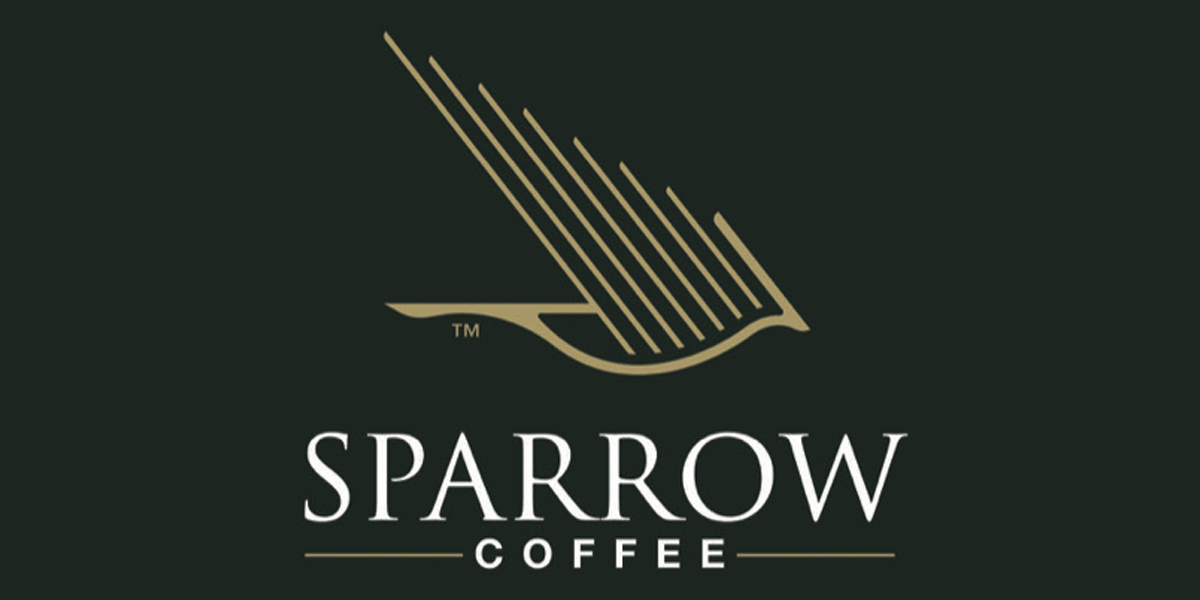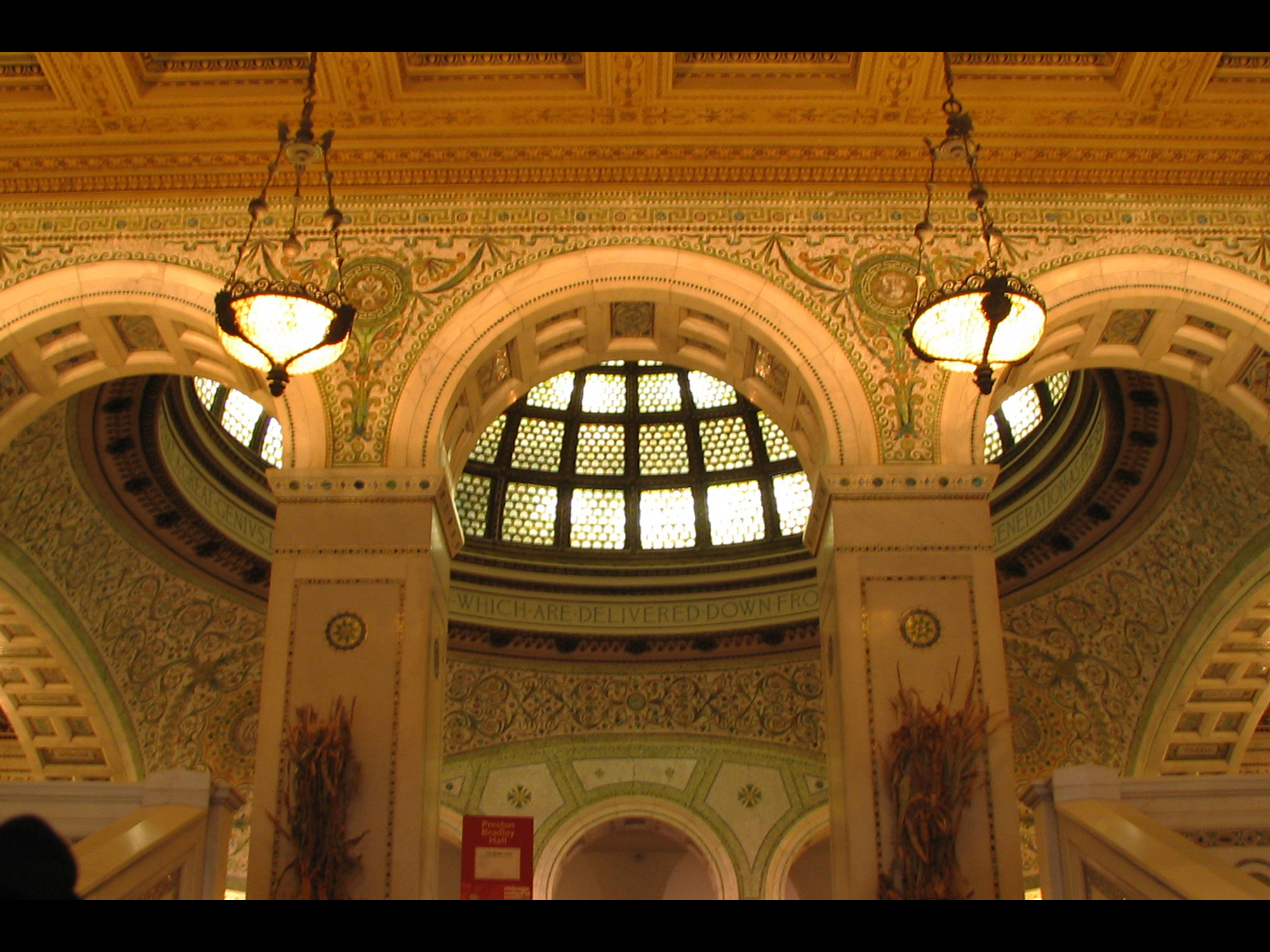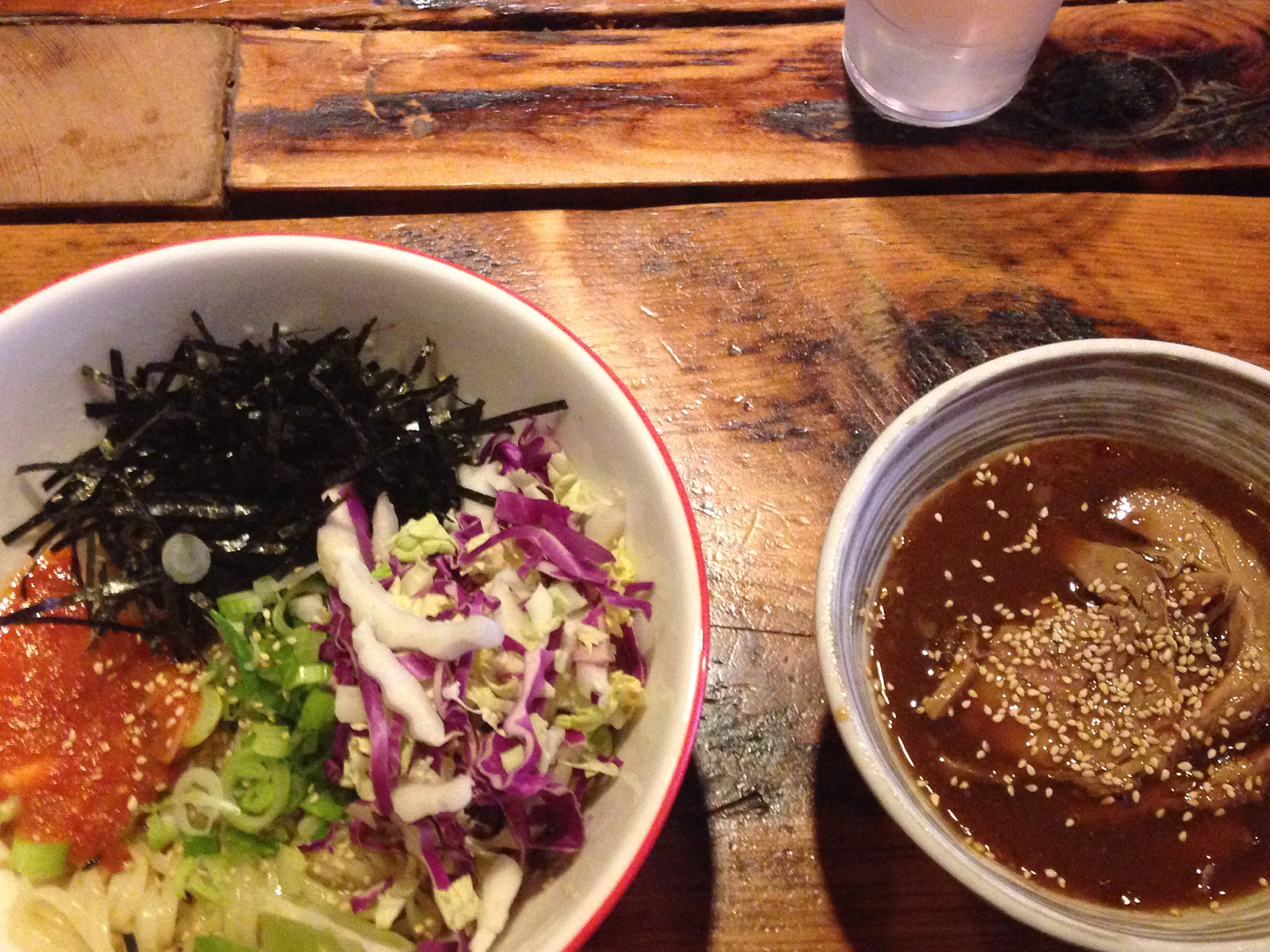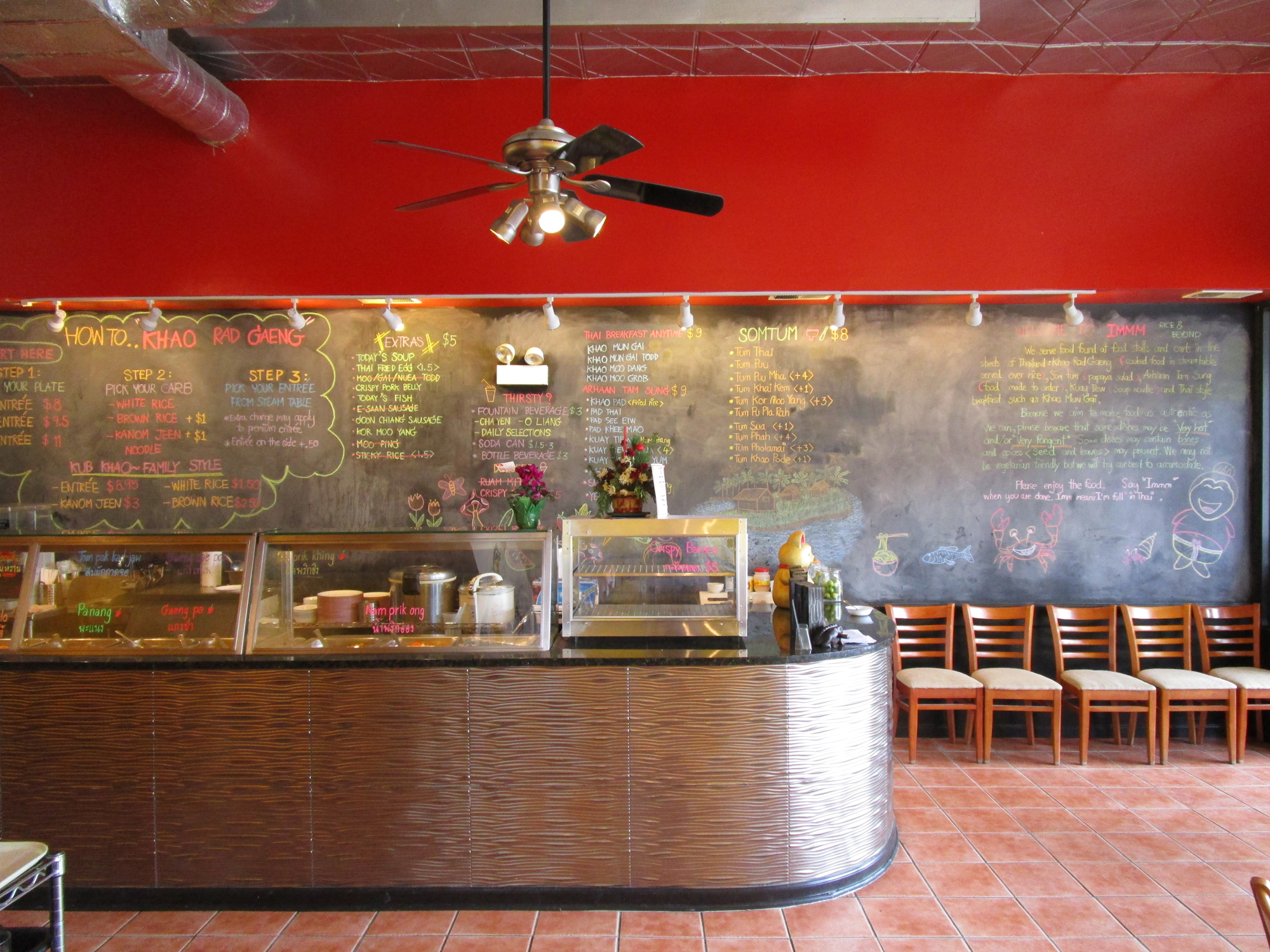OBI NWAZOTA WENT TO THE UNIVERSITY OF ILLINOIS and trained as an architect; he owns an interior design and display firm in River North called Orange Skin, among other businesses. So I haven’t even gotten to asking Question #1 (what made you want to open a Nigerian restaurant?) before he tells me—in terms that instantly change how I look at his chicly minimal, two month-old restaurant along Howard in Rogers Park.
“Like most Africans, you want to express your culture, in a place that has supported you over the years,” he says of Chicago. “We’re pretty well known around the world for what we do. And food… we’ve always been around hospitality, in fact one of my companies, Orange Skin, deals a lot with hospitality projects around the country and internationally. So I’ve always wanted to say, if I’m part of what gives the world that which they see [on a design project], why can’t I do the same for the culture I come from? So that’s the genesis of this project, and not from the position of, ‘I can cook fantastic, and I want people to taste my food.'”
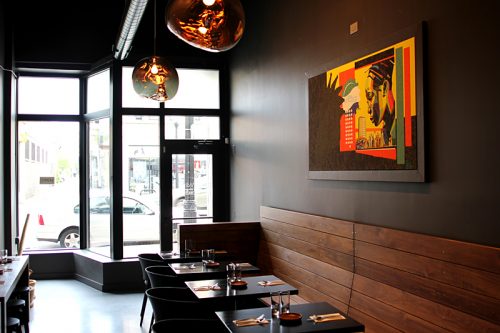
The cafe at Little Unicoco
Little Unicoco—the name derives from a famous hotel and music venue where Nigerian musicians played in the 70s and 80s—is outwardly a restaurant, but it’s also an exhibit for his home country. Nwazota has never been a professional cook and isn’t one now, he’s hired a staff for that, but he has firm ideas about how he wants to present Nigerian food on a level above the few immigrant restaurants and storefronts that have popped up here. “A lot of people who have opened so-called Nigerian restaurants don’t know much about food, don’t much about hospitality, don’t know much about presentation,” he says. “They don’t understand that cultural cuisine is the simple most important access point into any culture.”
What makes you believe Chicagoans will want to access that culture, I ask? “All you have to do is look at the music,” he says. “Fela came along and gave us Afro-Beat. Yeah, he spoke in Yoruba, he spoke in pidgin, but he made music at the highest level, and he had a message that told a story about a people” that was popular around the world. Food, Nwazota says, is like music—”You don’t have to understand what’s being spoken to feel the rhythm. It’s one of the few things in life that people can gravitate towards without any prior notion of what those things are, and they can feel a sense of connection to it.”
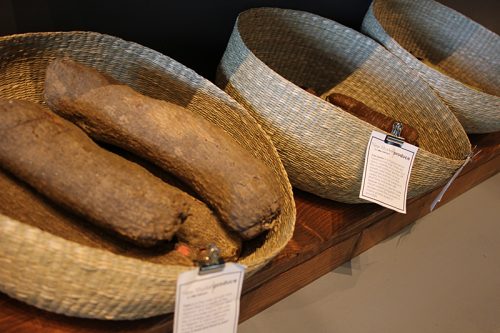
LITTLE UNICOCO IS REALLY TWO CONCEPTS on two sides of the same space. One side is a small cafe, with refrigerator cases which contain freshly made Nigerian dishes to go, such as jollof rice and egusi soup, as well as popular soft drinks from the region (you’ll recognize Ting from local Jamaican restaurants); there are also snacks like plantain chips and a hard cinnamon cookie called Chin Chin, meant for munching on while working in the fields. This side already has a couple of nascent exhibits on display—the big root vegetables common in the cuisine in baskets, and a set of wooden pestles for pounding them into an edible mash.

The other side is a more upscale restaurant with a bar and a cocktail list. For now, the cafe menu of classic Nigerian dishes is served on this side, though not surprisingly, Nwazota has a strong point of view on how those are prepared, too. Beginning, he says, with a belief that most Nigerian cooking is sort of at the same point that, say, American cooking was at the height of the frozen-food-and-instant-shortcut 1960s. (Remember, it was Britain that colonized Nigeria—not France.)
“In came the bouillon cubes, the Maggi products, and out went the painstaking, natural way we cooked. We Africanized it [the industrial approach]. It’s not the way we used to cook, but it’s the adaptations that we took from the colonial masters, that were wrong from the outset,” he says.
The concept would have worked spectacularly well downtown—except it would have had no soul.
So it’s back to scratch cooking of fresh ingredients for his kitchen, which is staffed by Nigerian immigrants who he’s training in more traditional methods of cooking. “We don’t tell the [westerners] this, but every Nigerian who comes in here, I tell them this. You should see the shock on their face—excuse me? How does it taste? It’s gonna be like shit, because it doesn’t have ‘the taste.'”
“So then they eat—and they can’t hold back the smile. I’m coming to the table to ask how is it, and they’re just blown, they’re floating. And it’s the first time they’ve been able to eat our food the way their forefathers tasted it.”
Gallery: Nigerian Dishes at Little Unicoco
His ambitions are even greater for the dining room side—as you get from the fact that he occasionally uses the word “lab” to refer to it. His hope is to find, or foster, a Nigerian chef who can elaborate on Nigerian flavors for the modern world—a Bayless for Nigerian cuisine, essentially. “We don’t really have creative Nigerian chefs, that are western-trained,” he says. “At first that was scary for me, but then you realize, it shouldn’t be, because it doesn’t exist. You now have to make and create” what contemporary Nigerian cuisine will be.
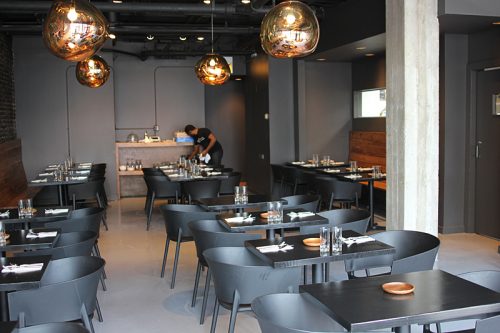
The restaurant and bar at Little Unicoco
The goal, ultimately, is to offer the classics on the cafe side and a more innovative Nigerian cuisine on the dining room side. If there’s a reason to believe he can do that, it lies in the flavors Africa has that the world has mostly not discovered yet. As an example, some of the cocktails use a West African spice called the alligator pepper. He shows me a pestle of it ground, and encourages me to taste it. Related to grains of paradise, it has echoes of other peppers—a little aleppo pepper, a little Sichuan peppercorn—but mainly it’s its own thing, interesting and even a little haunting. If you were a chef, you’d be immediately interested in playing around with it. That’s one thing he hopes to do, attract Chicago chefs to visit his lab-kitchen and collaborate and learn about these things.
Even so, opening far away from the culinary mainstream in Rogers Park, rather than near his River North offices, was a deliberate choice. Not just because there are a lot of African immigrants here, but because everybody’s here. “Rogers Park continues to be the most integrated neighborhood in Chicago, and at some point was the most integrated place in the United States,” he says. “The concept would have worked spectacularly well downtown—except it would have had no soul. The hipsters would have come in and treated you as a commodity, until the next latest greatest thing came along. So I took the longer route of embedding in a community that has the DNA of different cultures.”
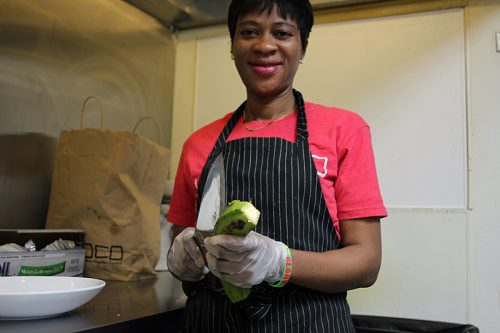
A cook prepping plantains
“As you become a global city, you have no choice but to become an integrated city,” he says. “The migrant communities would always be amongst themselves, because that’s where their security was. Because you still don’t know much about what you’ve come into, so you stay within that community. But the next generation goes outside of it and breaks loose, mixes it up again.”
He’s starting to sound more like an internet-era entrepreneur than your typical restaurant owner. But I don’t think he’s wrong when he starts to riff on the synergy between virtual space and the very real space of a restaurant in a gritty urban neighborhood, and how it all makes the exotic familiar at a faster pace than ever before.
“In the 21st century, what has bubbled to the surface is curiosity. We’re able to tag it and find our curiosities,” he says. “Prior to the age of the internet, everybody kind of stayed within their own camps. This has been blown open. The fact that people know who we are, but don’t know much about our food—that curiosity is already there. And so I figured, if done correctly, or at a level that allows it to be accessible, people would actually go for it.”
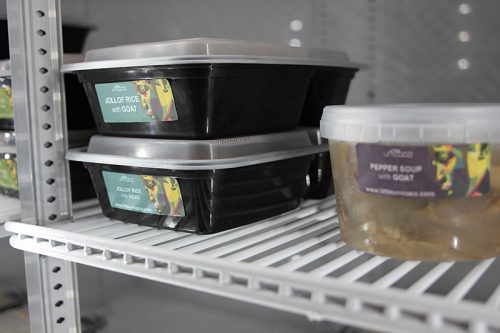
Michael Gebert is the griot of Fooditor.
Latest
Join the Discussion
After you comment, click Post. If you're not already logged in you will be asked to log in or register with Disqus.















